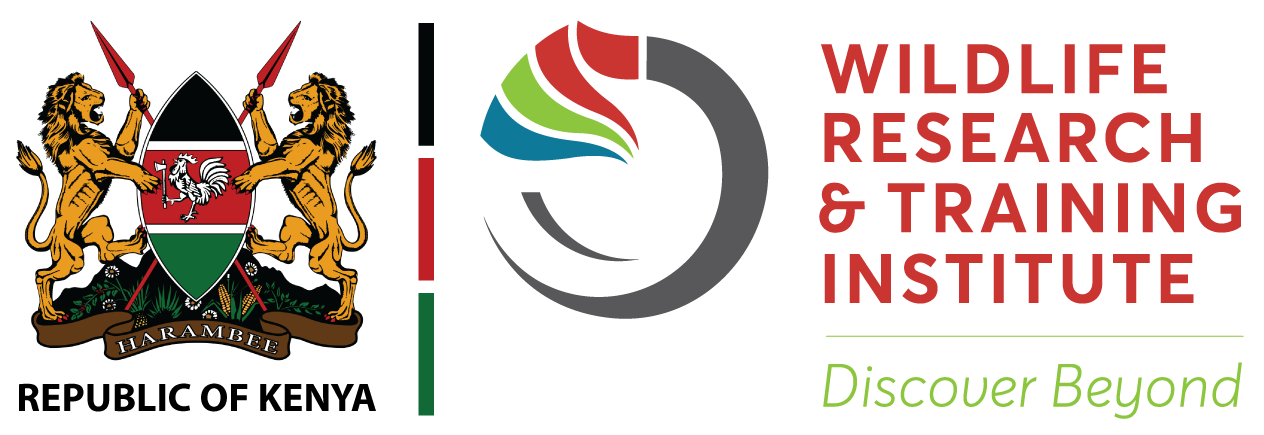Ruto noted that Kenya’s iconic species are faced with a myriad of challenges.
In Summary
- Prime Cabinet Secretary Musalia Mudavadi read Ruto’s speech at Lake Naivasha Resort during the first Wildlife Scientific Conference.
- The three-day Conference brings local, regional and international scientists, wildlife managers, and policy and decision-makers in the wildlife sectors, among others.
Leaders at The first wildlife scientific conference held in a Naivasha hotel, organized by the Ministry, through the Wildlife Research and Training Institute (WRTI).
Image: HANDOUT
President William Ruto has directed Tourism CS Peninah Malonza to re-examine wildlife laws with a view to addressing the pressing challenges facing wildlife in the country.
Malonza has been directed to submit a report in the next month on a roadmap towards securing the country’s iconic species and enhancing community livelihoods.
“In addition, the Ministry should submit a report to my office in the same period on the relevance of the National Wildlife Strategy and the Wildlife Policy and whether their review is necessary,” Ruto said.
Prime Cabinet Secretary Musalia Mudavadi read Ruto’s speech at Lake Naivasha Resort during the first Wildlife Scientific Conference.
The three-day Conference brings local, regional and international scientists, wildlife managers, and policy and decision-makers in the wildlife sectors, among others.
It is organized by WRTI and will provide insights on a wide range of issues and challenges in the wildlife sector including changes in wildlife population trends and dynamics; wildlife habitat restoration and connectivity; climate change mitigation and adaptability.
The theme of the conference is ‘Use of Wildlife Science for Enhanced Biodiversity Conservation and Improved livelihoods’.
WRTI CEO Dr Patrick Omondi, WRTI Board chair Dr David Nkedianye, Kenya Wildlife Service Director-General Dr Erustus Kanga, and KWS Board Chair Walter Koipaton, among other officials were present.
Ruto noted that Kenya’s iconic species are faced with a myriad of challenges.
He said it will be important to re-examine our laws and policies and the extent to which they will serve the country into the future.
A file photo of Elephants. /AGENCIES
Ruto said there are unprecedented challenges in the wildlife sector despite the various legal frameworks and policies.
“These include habitat loss and degradation; loss of ecosystems connectivity; climate change; human-wildlife conflicts; diseases and loss of genetic viability; poaching for trophies and bush meat; infrastructural development; human encroachment into wildlife areas among others. These challenges have resulted in significant declines in wildlife populations across the country,” Ruto said.
Ruto said some strides have been made despite some challenges.
“Despite the challenges in the Wildlife sector, several achievements have been recorded over the years. The includes stabilizing the elephant and the black rhino populations following unprecedented levels of poaching in the 1970s to 1990s. These species have recorded significant growth in the past years and mortalities from poaching reduced significantly,” Ruto said.
Ruto said the state the government’s vision is to enhance wildlife conservation as part of a strong environmental foundation for achieving Kenya’s sustainable development agenda.
He said it is critical that the government harmonizes the existing policies and legal frameworks for them to be responsive to the needs of the wildlife sector and for improved service delivery to the Kenyan people.
Ruto further directed the ministry to finalize and implement the National Wildlife Climate Change Adaptation and Mitigation Strategy which he said is in a draft format.
He said such a strategy is important in ensuring that appropriate actions are taken to safeguard natural resources for posterity.
Ruto said the state recognizes the need for evidence-based decision-making and emphasizes the importance of knowledge, information, and human capital for successful conservation.
Earlier in the day, Scientists took the government head on for failing to make use of studies to make evidence-based decision making.
They were concerned that studies were collecting dust even as iconic species are declining at alarming rates.
Conservation Alliance of Kenya Chairperson Lucy Waruingi applauded the Kenya kwanza government that has prioritized conservation and is committed to securing space for wildlife.
Waruingi’s address also touched on approaches to enhance human-wildlife coexistence in human-dominated landscapes.
The chair said the decline of space has in some areas declined by over 90 per cent.
“How can we secure open spaces and support local livelihoods?” she posed.
Waruingi noted that there was poor engagement between scientists and decision-makers.
“Kenya has a wealth of data, reports,” she said.
Waruingi said there is a need for evidence-based decision-making if a myriad of challenges facing Kenya’s iconic species were to be addressed.
Omondi on his part said WRTI seeks to have a national wildlife database.
“Scientific research is scattered all over. The database will bring all the studies together and we will develop protocols on how to share because we have to communicate the findings of the research,” Omondi said.
Omondi said a lot of studies have been done but rarely inform policies.
“We have been mapping wildlife corridors and dispersal areas, tracking wildlife. We might continue conducting studies until some of our wildlife goes extinct,” Omondi warned.
Omondi said cutting-edge research has been done for the last 50 years, citing the ongoing studies at Amboseli on elephants.
Credit:THE STAR, KENYA

